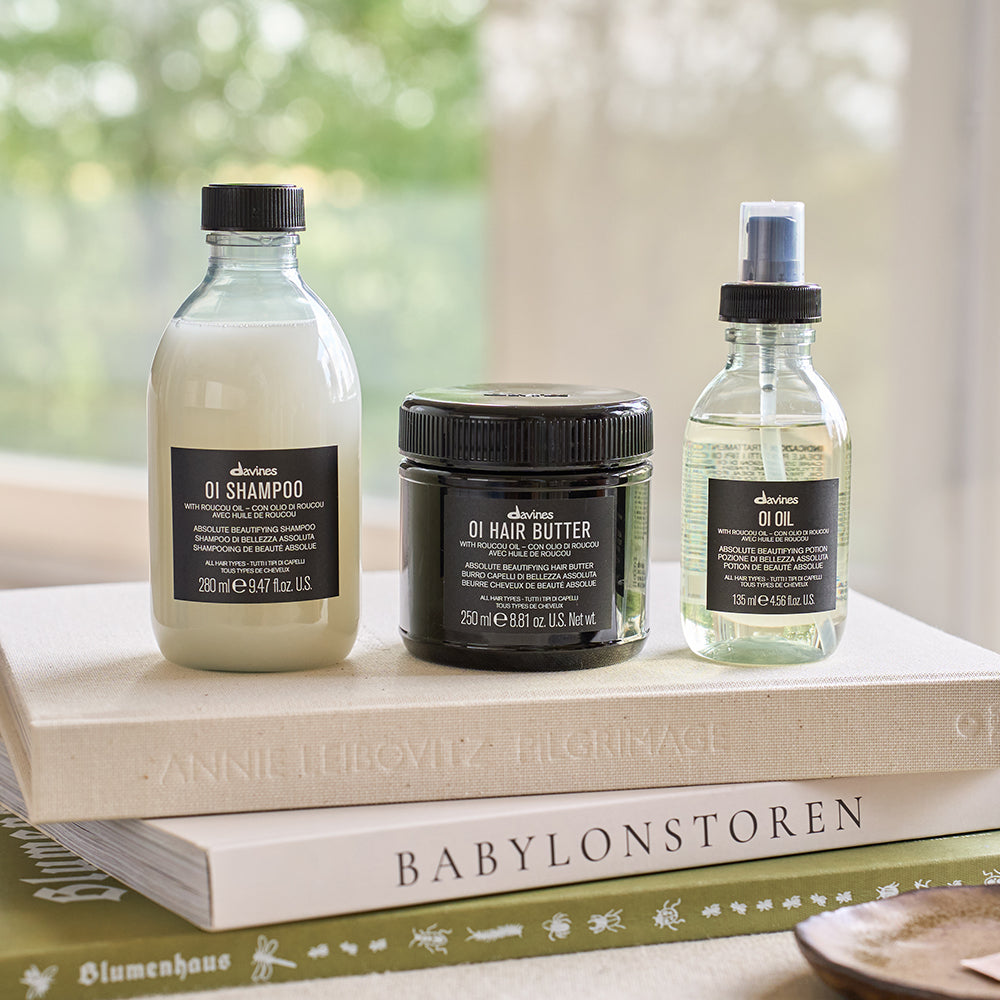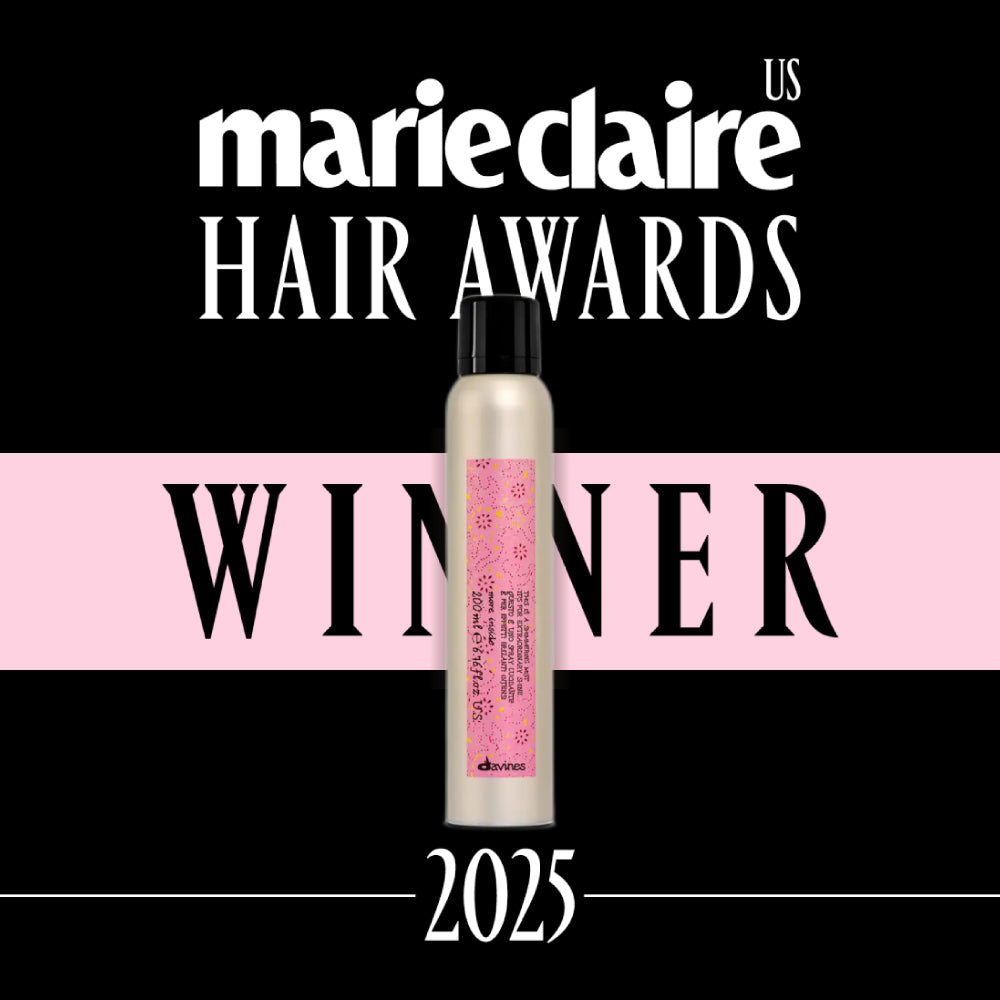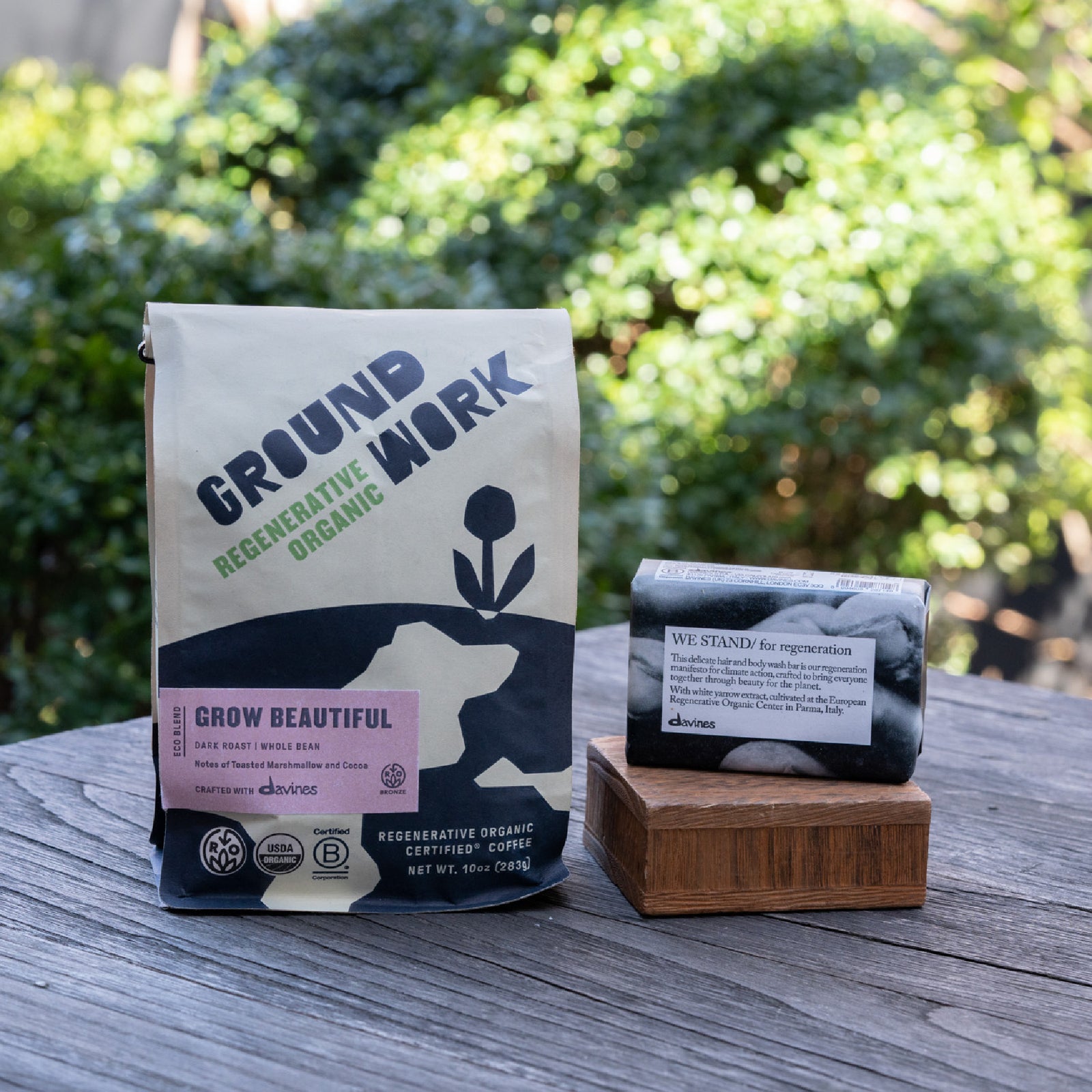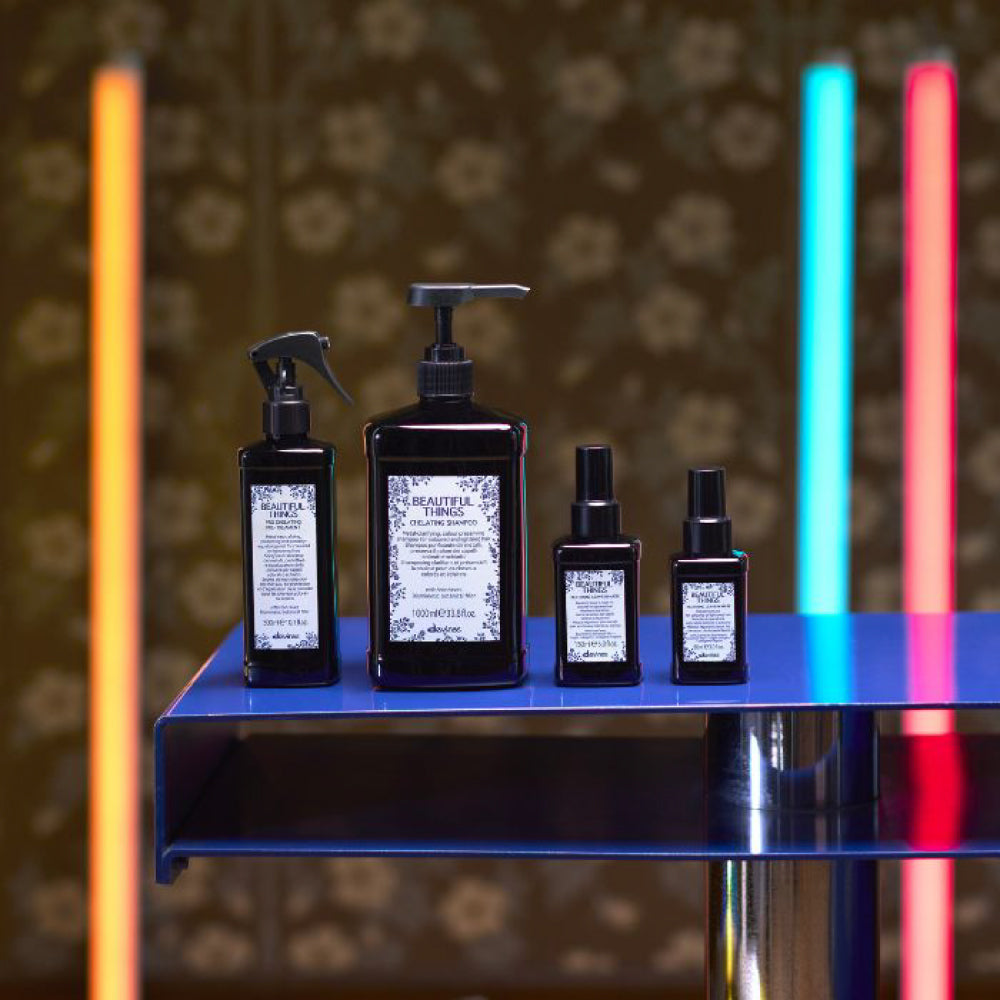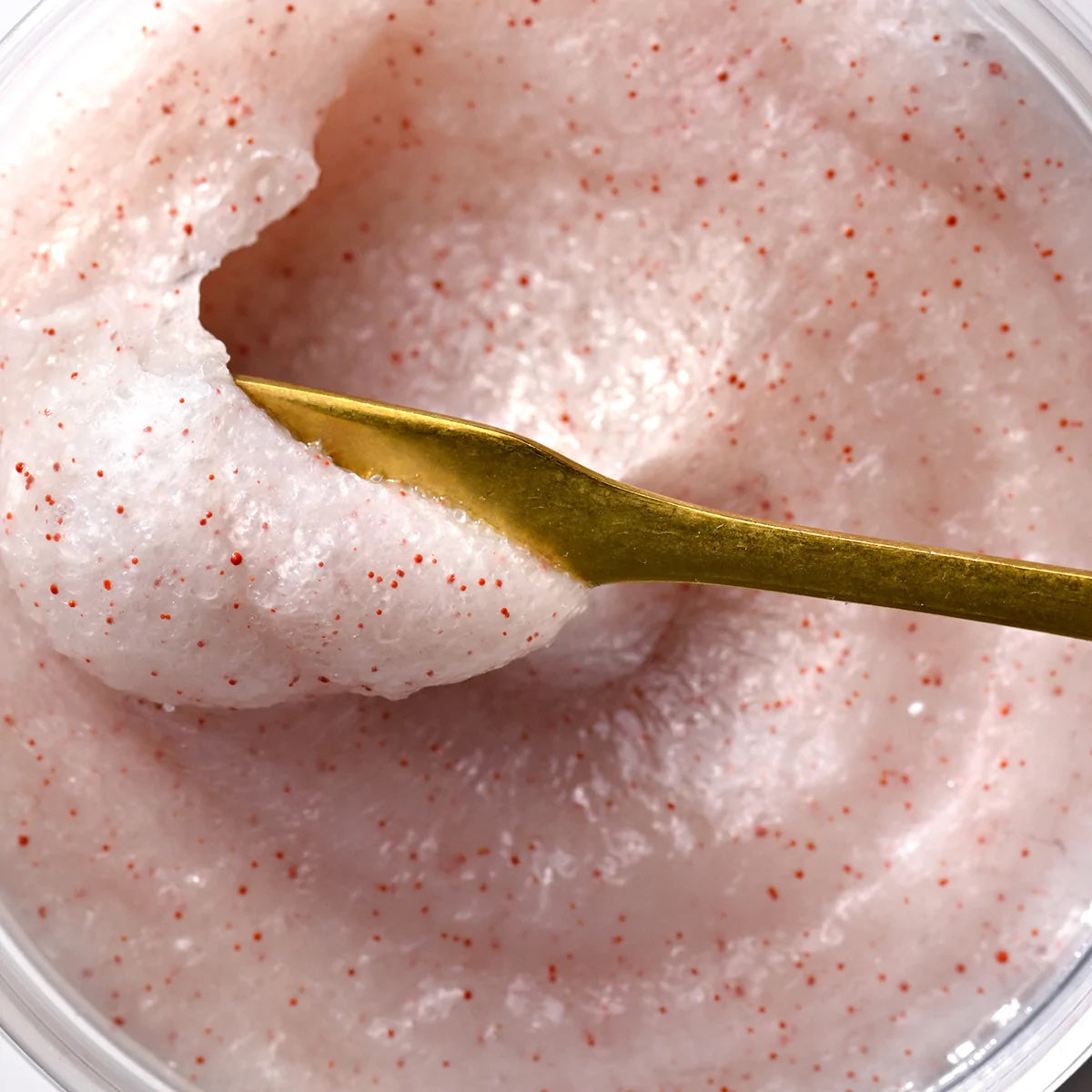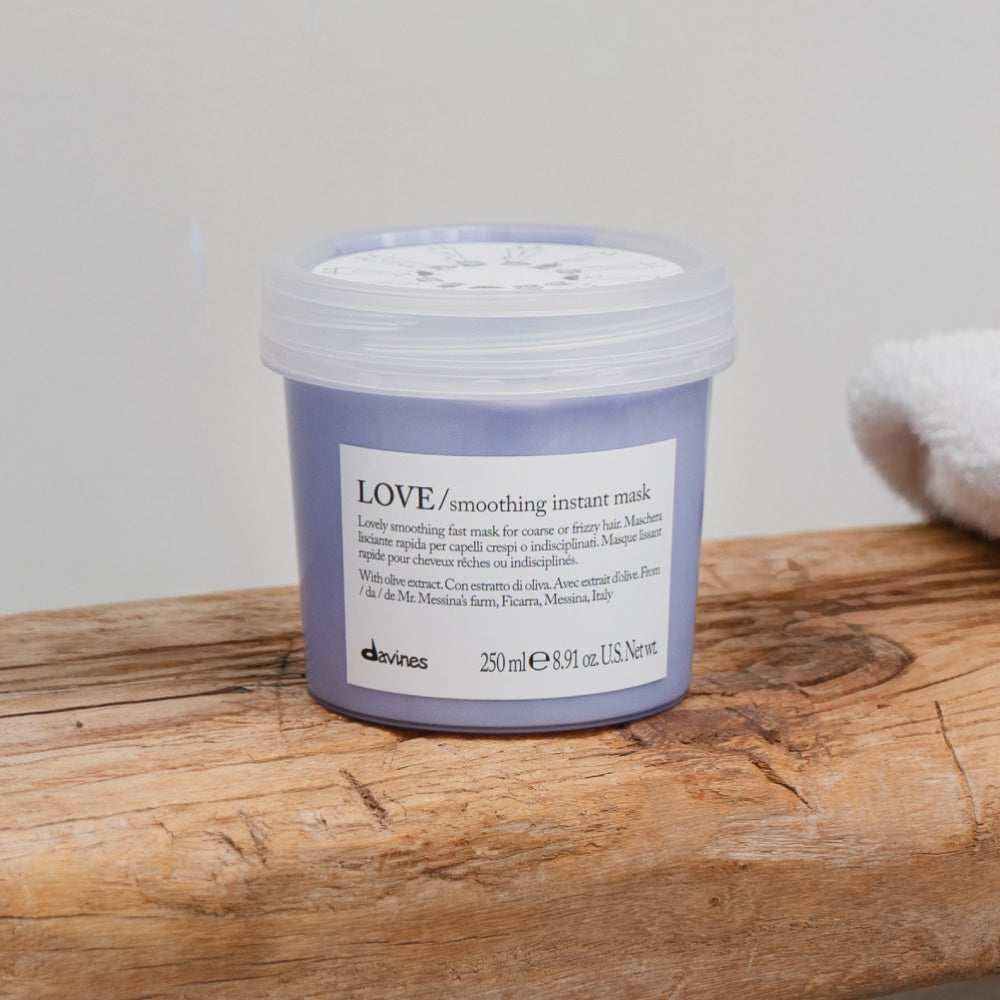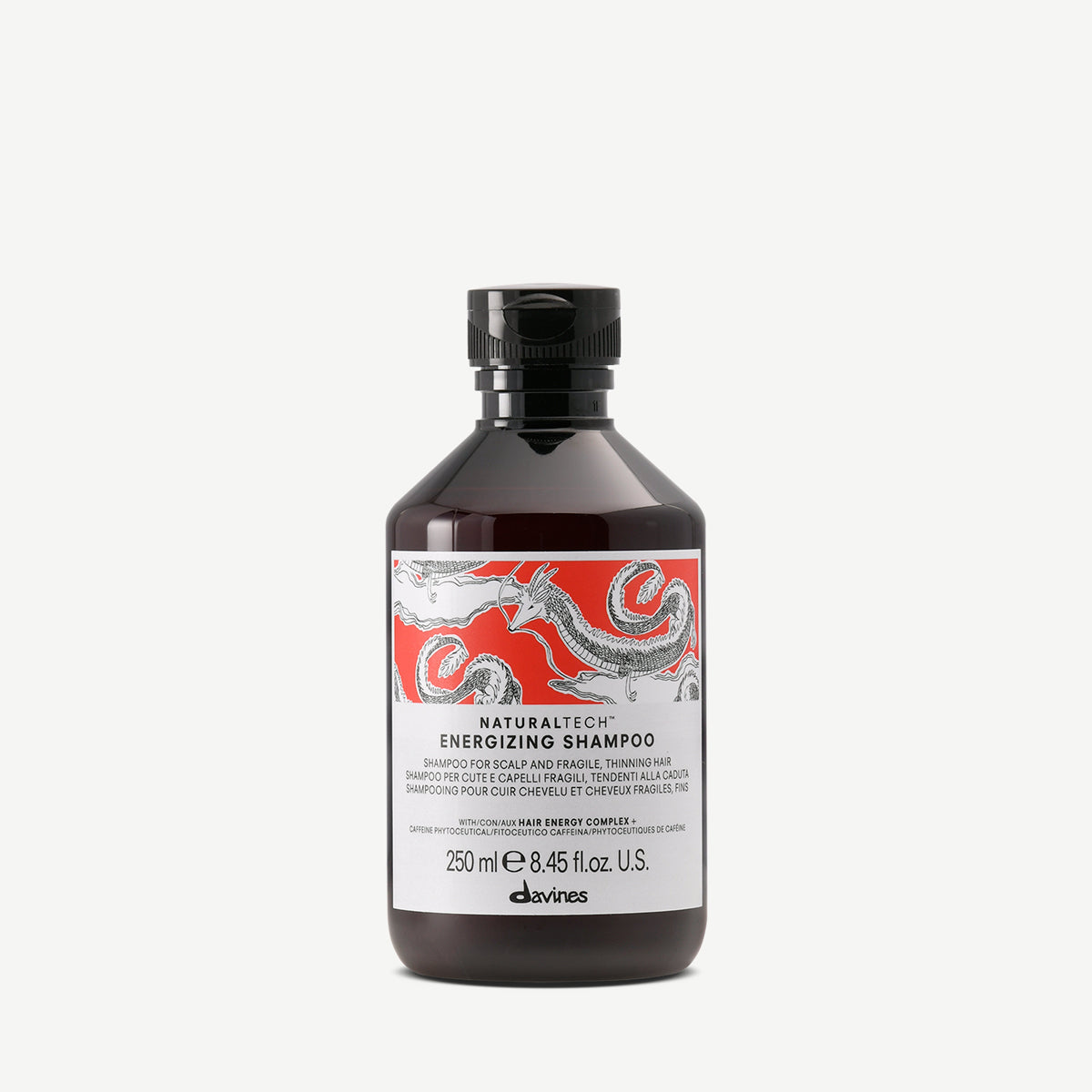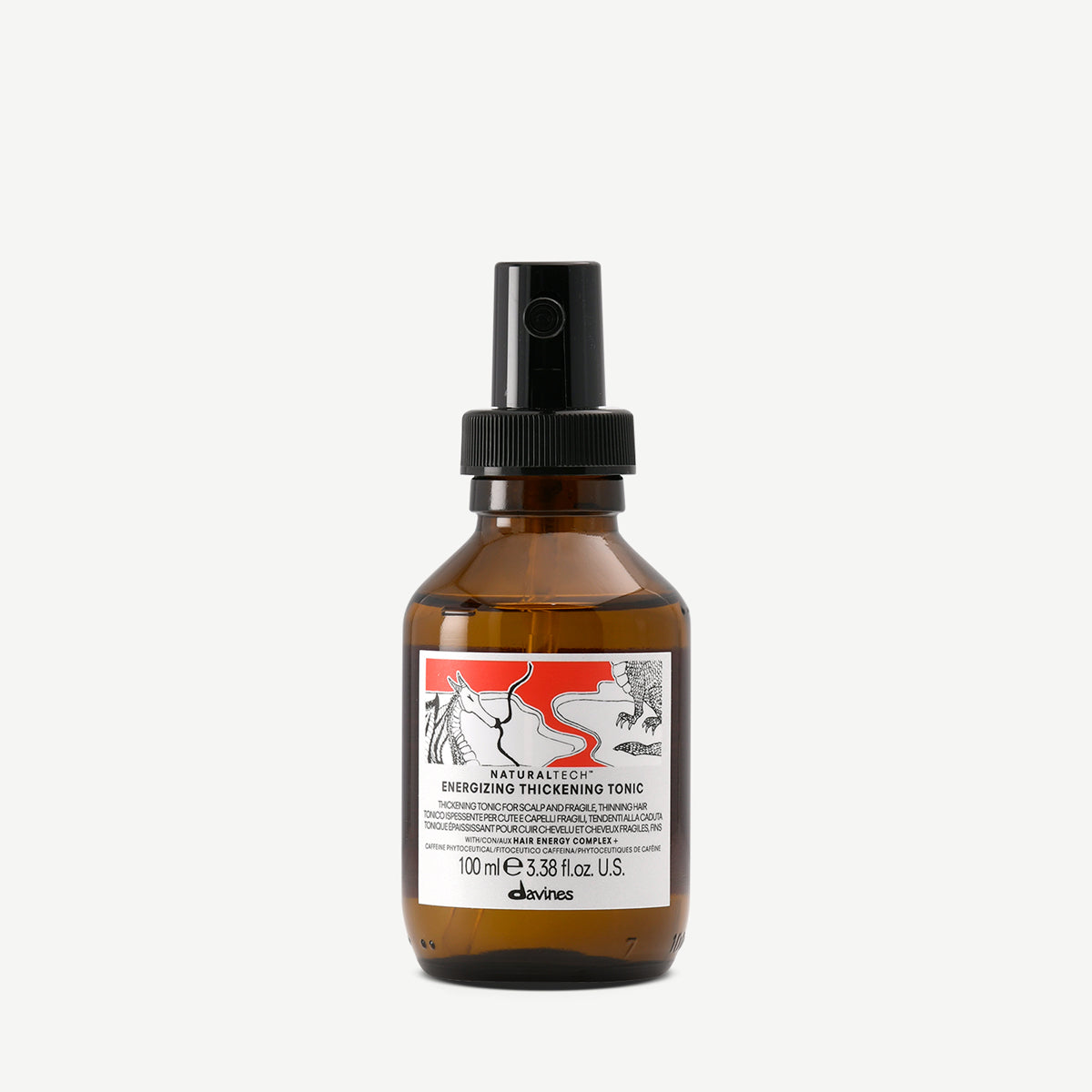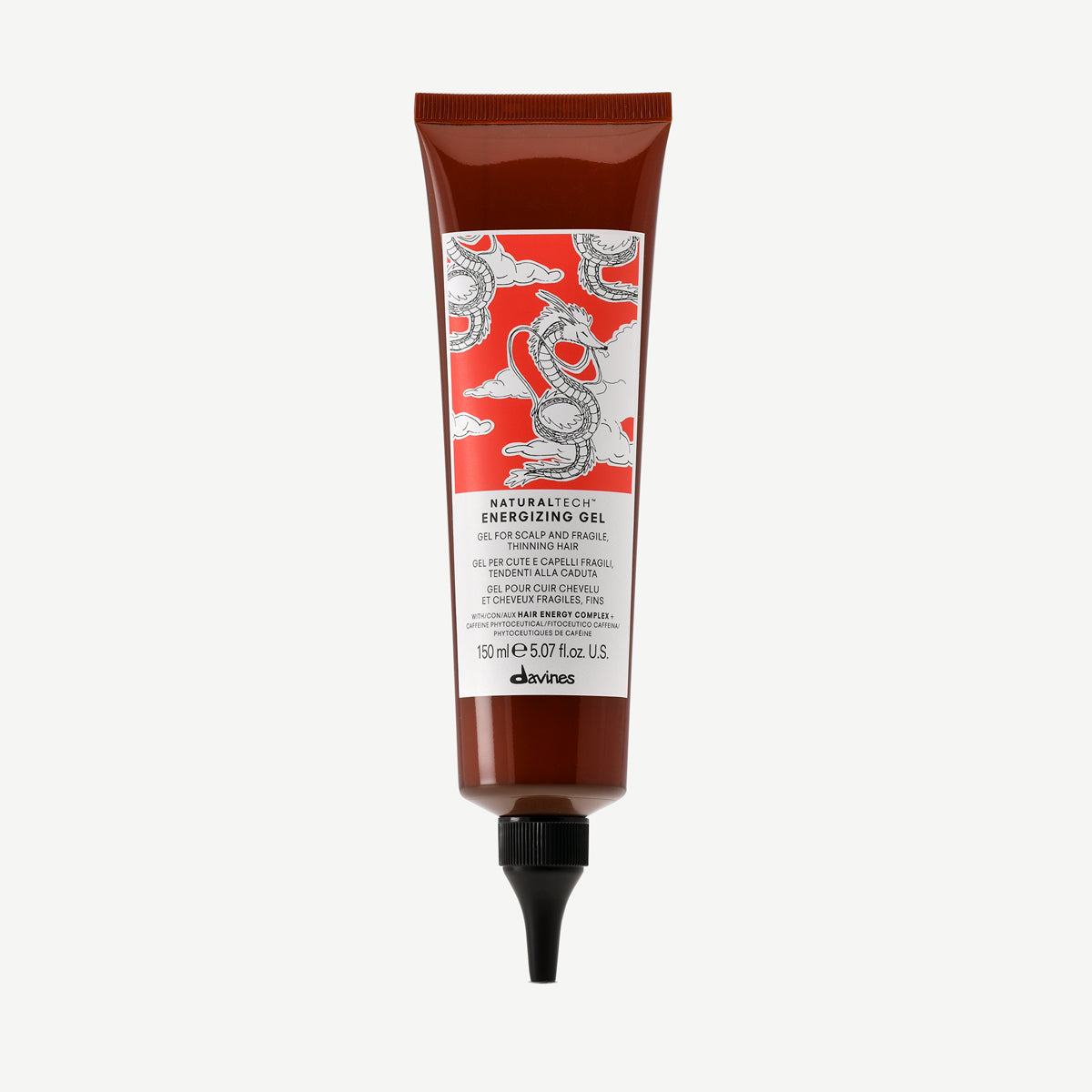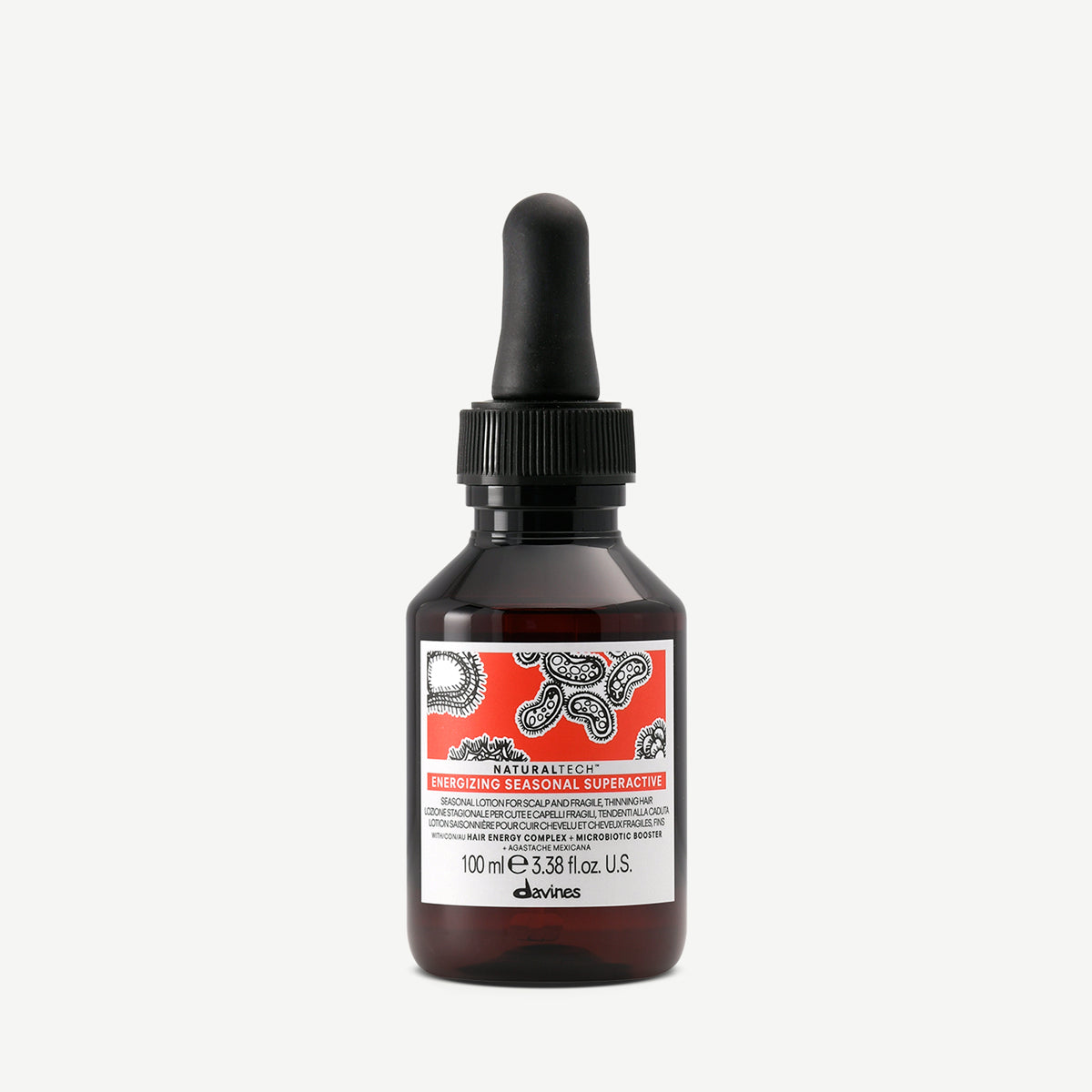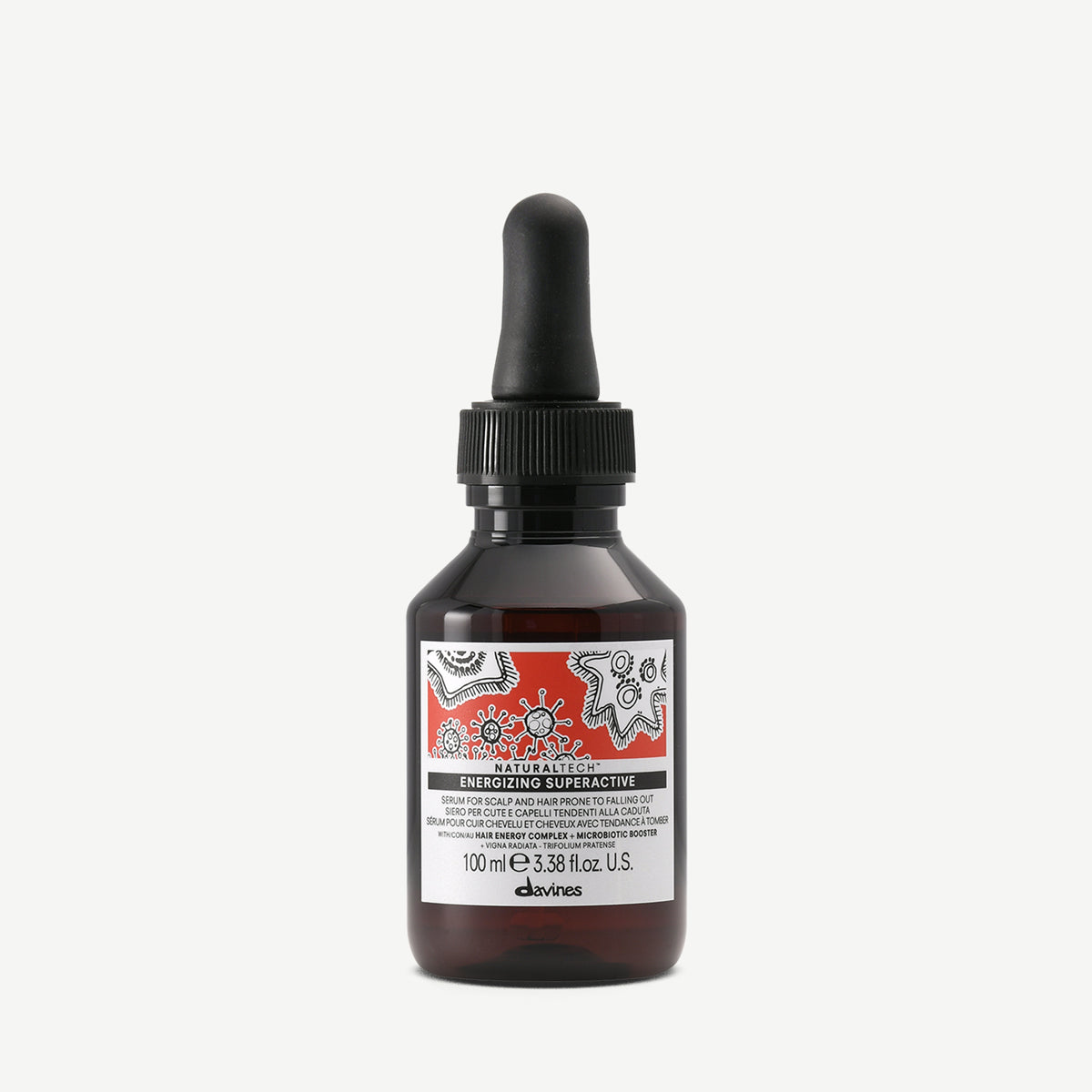FAQs
How does shampoo for hair loss work?
A hair loss shampoo typically works by stimulating the scalp, improving circulation, and strengthening hair follicles. Many formulas also include ingredients that help reduce breakage and promote healthier, thicker-looking strands. Consistent use, alongside a supportive hair routine, can improve scalp conditions and reduce shedding over time.
Can shampoo really help with thinning hair?
Yes, while shampoo alone won't regrow hair, the right shampoo for thinning hair can help reinforce weak strands and create a healthier scalp environment for growth. Look for a thinning hair shampoo that’s free of harsh sulfates and includes ingredients known for promoting scalp health.
What should I look for in a shampoo to thicken hair?
Choose a shampoo to thicken hair that contains nourishing ingredients like biotin, caffeine, or niacin to support hair density. It should be gentle, non-stripping, and formulated to cleanse without clogging follicles or weighing hair down.
It’s natural to lose around 100 strands of hair throughout each day. When a strand falls out, usually a new strand begins to grow and will fill its place over time. The issue of hair loss arises when new hair isn’t growing out of the same follicle that recently lost its resident.
More On Hair Loss
Hair loss is a fact of life for most people, but it doesn’t have to be. Thinning hair, bald spots, and receding hairlines happen to both men and women as part of the natural aging process. However, losing one's hair can have serious psychological effects. It’s crucial to get started on preventative measures early on to mitigate hair loss.
From eating a healthy diet to steering clear from tight head coverings, those dealing with thinning hair or a receding hairline will most likely admit to trying it all. Fortunately, our hair loss shampoo was consciously crafted with you in mind. The formula that comprises our hair loss shampoo uses natural ingredients to gently cleanse delicate strands and energize the scalp to promote growth.
Davines Shampoo For Hair Loss
Certain chemical formulations and conventional hair loss shampoos that promise to stave off baldness and promote new hair growth often use really harsh, toxic ingredients to do so. They aren’t in fact solving a problem, just treating a symptom. Our hair loss shampoo uses our scientifically formulated “Hair Energy Complex” to stimulate and invigorate hair follicles, making them more likely to stay active and healthy.
